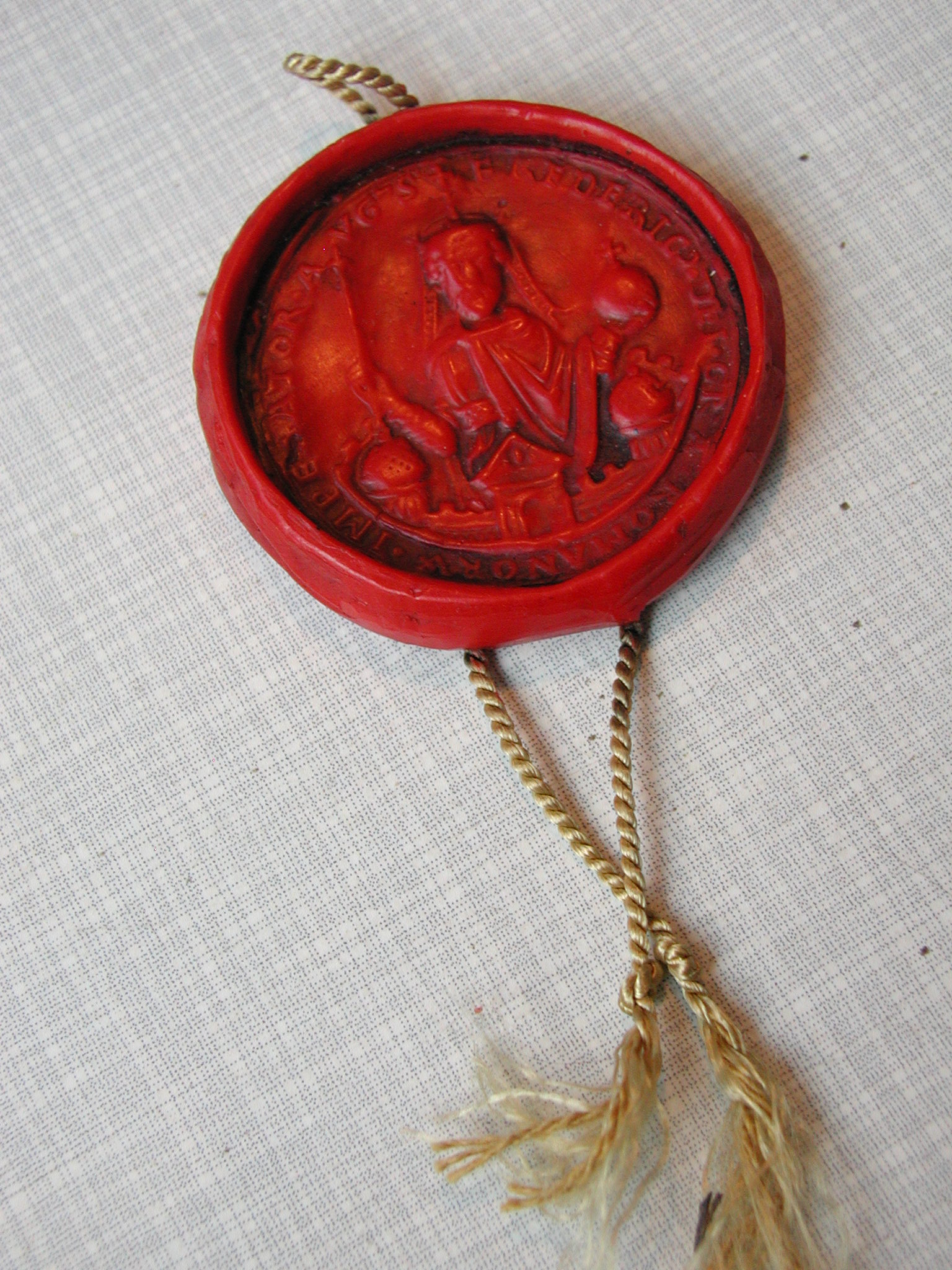Authentica habita on:
[Wikipedia]
[Google]
[Amazon]
 ''Authentica habita'',"Authentica Habita."
''Authentica habita'',"Authentica Habita."
''
''
Encyclopædia Britannica
The (Latin for "British Encyclopædia") is a general knowledge English-language encyclopaedia. It is published by Encyclopædia Britannica, Inc.; the company has existed since the 18th century, although it has changed ownership various t ...
'', 2010. Encyclopædia Britannica Online. 20 Sep. 2010. or ''Privilegium Scholasticum'', was a document written in 1155 ca. by the Emperor Frederick I Barbarossa
Frederick Barbarossa (December 1122 – 10 June 1190), also known as Frederick I (german: link=no, Friedrich I, it, Federico I), was the Holy Roman Emperor from 1155 until his death 35 years later. He was elected King of Germany in Frankfurt o ...
. In it, he set out for the first time some of the rules, rights and privileges of students and scholars. It is an important precursor to the formation of medieval universities in Europe.
Scholars from all over Europe had begun to travel to Bologna to study civil and canon law, and newly rediscovered works of Roman law, from the mid-11th century. As foreigners there, they found themselves without legal protection. A particular difficulty was the practice of the Right of Reprisal, where their property could be seized on foot of debts incurred by their countrymen.
The document grants several rights and protections to scholars including:
# Similar immunities and freedoms as those held by the clergy, provided they conformed to certain attributes, such as clerical dress;
# Freedom of movement and travel for the purposes of study;
# Immunity from the right of reprisal; and
# The right to be tried by their masters, or the Bishops court, rather than local civil courts.
The document was subsequently confirmed by Pope Alexander III. The emperor incorporated the document into Justinian’s Codex, the extant body of Roman law, indicating its significance.
One medieval commentary to the document exists, written by Bartolomeo Bolognini in 1492. See also Pearl Kibre's "Scholarly privileges in the Middle Ages".
References
See also
* Benefit of clergy * University of Paris strike of 1229 *Clerici vagantes
''Clerici vagantes'' or ''vagabundi'' (singular ''clericus vagans'' or ''vagabundus'') is a medieval Latin term meaning "wandering clergy" applied in early canon law to those clergy who led a wandering life either because they had no benefice or ...
* Academic mobility
Academic mobility refers to students and teachers in higher education moving to another institution inside or outside of their own country to study or teach for a limited time.
The Bologna process regulates academic mobility within European hig ...
{{DEFAULTSORT:Authentica Habita
Medieval European education
1155 works